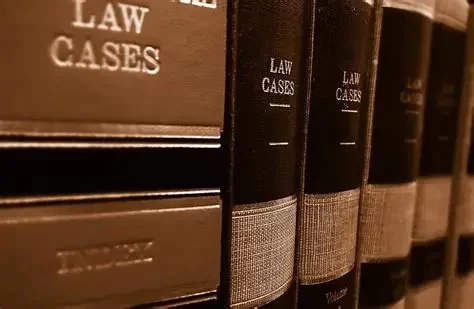- understanding-the-legal-purpose-of-a-motion-to-compel-discovery
- why-motions-to-compel-happen-during-discovery
- how-the-motion-to-compel-process-works
- real-case-study-when-delays-triggered-a-motion-to-compel
- strategies-for-avoiding-or-responding-to-a-motion-to-compel
- why-legal-guidance-is-essential-in-discovery-disputes
1. Understanding the Legal Purpose of a Motion to Compel Discovery
A motion to compel discovery is a formal legal request made to the court when one party in a lawsuit believes the opposing party is withholding necessary evidence or not fully cooperating during the discovery process. Discovery is the pre-trial phase in a lawsuit where both sides are required to exchange relevant information and documents. If one party refuses, delays, or gives incomplete responses, the other side may file a motion to compel the release of that information.
So when someone asks, “What is a motion to compel discovery?”, the simplest answer is: it’s a legal tool to ensure transparency and fairness in the judicial process.
2. Why Motions to Compel Happen During Discovery
2.1 Common Causes of Discovery Disputes
Legal battles often hinge on the evidence each side can bring forward. But discovery can become contentious when:
- A party refuses to answer interrogatories (formal written questions) - Documents are withheld or redacted without valid reason - One side misses deadlines or avoids depositions
When communication breaks down or gamesmanship enters the picture, a motion to compel becomes the necessary next step.
2.2 Strategic Delays and Tactics
Some parties delay responses hoping to frustrate the opposing side or hide weaknesses in their case. Judges, however, do not take kindly to such strategies. Filing a motion to compel not only addresses the issue but also shows the court that you’re pursuing your case in good faith.
3. How the Motion to Compel Process Works
3.1 Step-by-Step Breakdown
First, the party seeking information typically makes a good-faith effort to resolve the issue directly—often documented via emails or letters. If the problem persists, they file a motion to compel discovery with the court, explaining the nature of the request and why it's legally valid.
The judge will then review the motion and responses from both sides. If the court finds that the requested information is relevant and was improperly withheld, it may order the opposing party to comply—sometimes with sanctions or fines.
3.2 What Judges Consider
Courts weigh several factors: - Is the information relevant to the case? - Has the party made reasonable efforts to comply? - Are there valid objections such as privilege or overbreadth?
Getting these details right is crucial, and that’s why many turn to legal professionals like Central Texas Employment Lawyers for strategic support.
4. Real Case Study: When Delays Triggered a Motion to Compel
In a recent employment discrimination case, an HR department failed to provide internal email communications requested during discovery. The plaintiff’s attorney, after three unanswered follow-ups, filed a motion to compel.
The judge granted the motion and imposed a deadline along with attorney fees for the delay. Those emails later played a crucial role in the case’s outcome, showing discriminatory language that helped the plaintiff secure a settlement.
The lesson? Delaying or ignoring discovery requests can backfire—and quickly.
5. Strategies for Avoiding or Responding to a Motion to Compel
5.1 How to Stay on the Right Side of Discovery Rules
If you're served with a discovery request, respond promptly and transparently. If you need more time, communicate that with documentation. If you believe a request is unreasonable, object formally with a legal basis—not silence.
5.2 How Legal Help Can Save Time and Sanctions
Employment law firms like Central Texas Employment Lawyers routinely guide clients through discovery with precision. Whether it’s drafting solid responses, filing a motion to compel, or defending against one, their expertise minimizes risks and keeps the case moving forward.
6. Why Legal Guidance Is Essential in Discovery Disputes
6.1 Discovery Rules Are Complex for a Reason
The discovery process isn’t just a formality—it shapes the outcome of a case. Understanding what is a motion to compel discovery is the first step. But acting on that knowledge requires experience in navigating civil procedure, knowing when to push, and when to negotiate.
6.2 Central Texas Employment Lawyers Can Help
If you're involved in an employment dispute and struggling with document requests or responses, the team at Central Texas Employment Lawyers can help you take strategic and legally sound action. Discovery should serve justice—not become a roadblock. With the right help, you can turn the process into a powerful tool, not a frustration.




